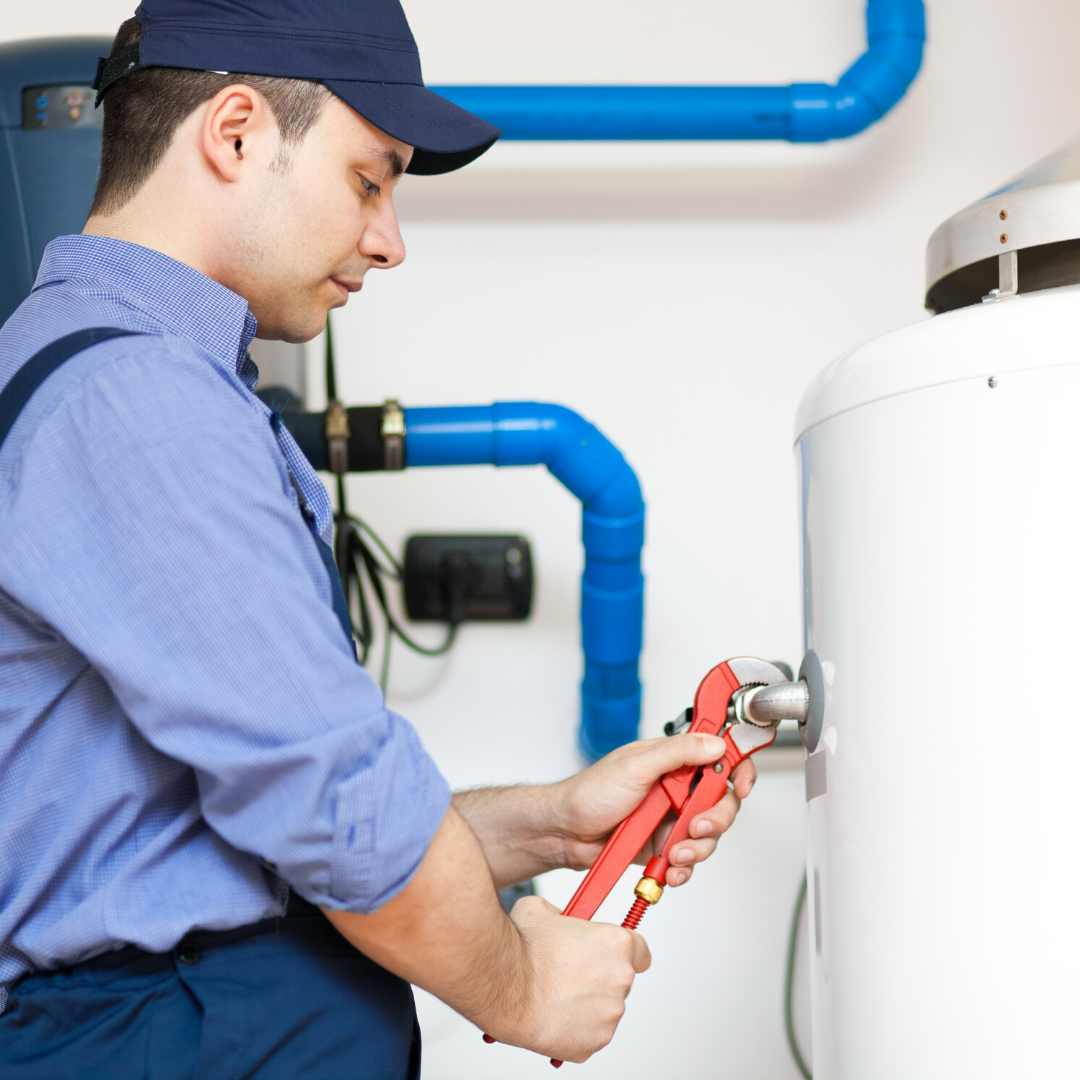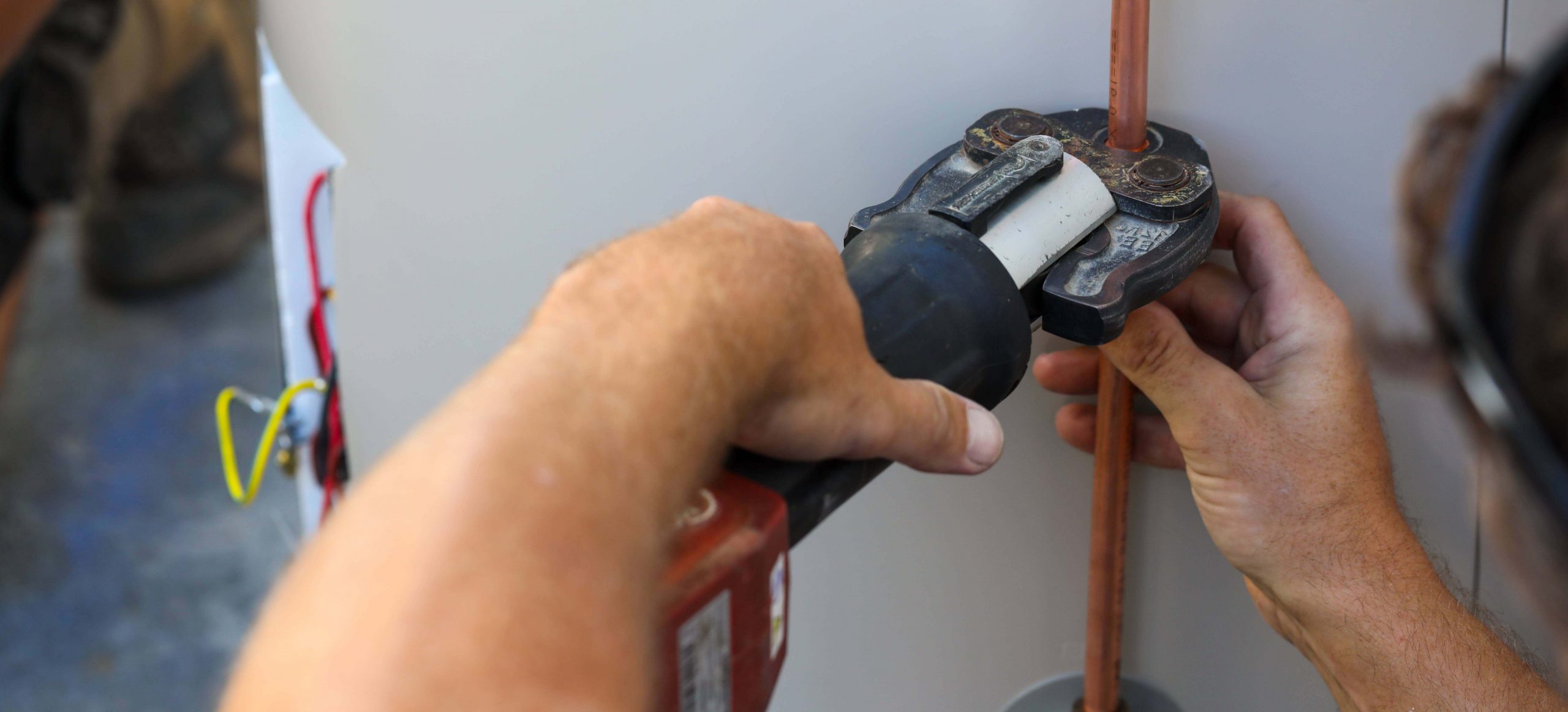They are making several good observations related to Warning Signs You Need Water Heater Repairs as a whole in the content in the next paragraphs.

A hot water heater is just one of one of the most vital standard devices that can be located in a residence. With hot water heater, you don't need to go through the stress of home heating water manually every time there is a demand to take a bath, wash, or the recipes. Nevertheless, there is always a possibility that your water heater would break down similar to many mechanical devices.
It is very important to keep in mind any type of little breakdown and tackle it rapidly before points get out of hand. A lot of times, your hot water heater starts to malfunction when there is a build-up of debris as a result of constant usage. As a preventative measure, periodic flushing of your hot water heater is suggested to prevent debris accumulation as well as protect against practical failing.
Typical water heater emergencies and exactly how to take care of them
Inadequate warm water
Dealing with an insufficient supply of warm water can be aggravating. It may be that the hot water heater can not support the warm water demand for your home. To manage this issue, you might attempt to adjust your heating unit's temperature dial as well as await a couple of minutes. You can ask for the help of a professional plumber if the problem lingers. You might upgrade your water heating unit to one with a bigger capacity.
Changing water temperature.
Your water heating unit could begin generating water of different temperature levels typically ice hot or cold warm. There could be a need to change either the home heating or the thermostat unit of your water heating unit.
Dripping water heater storage tank.
A leaking storage tank could be an indicator of rust. It might create damages to the flooring, wall surface as well as electrical gadgets around it. You can also be at danger of having your apartment or condo flooded. In this scenario, you must turn off your hot water heater, enable it to cool down, and also thoroughly seek the source of the trouble. At times, all you need to do is to tighten up a couple of screws or pipe connections in cases of minor leaks. If this doesn't work as well as the leak continues, you may require to use the solutions of a specialist for an ideal replacement.
Blemished or stinky water
You require to know if the issue is from the container or the water source when this takes place. If there is no amusing smell when you run cold water, after that you are certain that it is your hot water heater that is faulty. The smelly water can be caused by rust or the buildup of bacteria or debris in the water heater tank. You can try flushing out your storage tank or replacing the anode if the issue lingers once you see this. The function of the anode is to clean out microorganisms from your tank. Since the anode rod substitute calls for a comprehensive knowledge of your water heater, you will certainly require the assistance of an expert.
Verdict
Some house owners ignore little warning as well as minor faults in their water heater unit. This just leads to more damage and also a feasible total break down of your appliance. You ought to manage your water heater faults as soon as they come near prevent even more expenses as well as unneeded emergency difficulties.
With water heating systems, you do not need to go with the stress and anxiety of home heating water manually every time there is a demand to take a bath, do the laundry, or the meals. It might be that the water heating unit can not support the hot water demand for your apartment or condo. Your water heating system can start creating water of various temperature levels normally ice chilly or scalding hot. If there is no funny scent when you run cold water, then you are certain that it is your water heating unit that is malfunctioning. The odiferous water can be triggered by corrosion or the accumulation of microorganisms or debris in the water heating system container.
Water Heater Burst: Why This Happens And What To Do Next
Water Heater Explosion Warning Signs
Since storage water heaters are made of metal and store large volumes of heated water, they carry an increased risk of leaking or even exploding as they begin to rust at the fittings and seams over time. If the thermostat controlling the water temperature within the tank is faulty, or if mineral buildup inside the water heater prevents the thermostat from sensing the water’s temperature correctly, the water could become overheated. This will expand its volume within the tank, causing it to press at the tank’s fittings and seams. If these fittings and seams are rusted or corroded, the pressure could result in a leak or even an explosion.
Here are some risk factors and warning signs of an increased risk of water heater leak or explosion:
- Your water heater is more than 10 years old.
- Your water heater makes clanking, banging or rumbling noises as it heats up, indicating that sediment has built up and hardened inside the tank.
- There is visible rust on the outside of the water heater, especially located at the pipe fittings or the seams that run down the tank.
- There is rusty water coming from your water heater, indicating that there may be rust building up inside.
- Your water heater is leaking, which could indicate either a crack somewhere in the tank or a malfunctioning temperature-and-pressure (T&P) relief valve.
What To Do When Water Heater Leaks
If you find water dripping or seeping out of your water heater, or pooling around it, it means your water heater is leaking. If you find a leak, it may be best to call a plumbing professional to diagnose the problem and determine how best to handle it. If you choose to tackle it on your own, there are a few things you can do.
TURN OFF THE POWER
Next, shut off the power to the hot water tank at your home’s electrical breaker box. If you don’t shut off the power, the heating elements within the tank could continue to stay hot, which could pose a fire risk.
If you have a gas-powered water heater, you’ll also need to shut off the gas line leading into the tank.
FIND THE LEAK
Now it’s time to determine where the leak is coming from. Likely locations are the T&P valve, the drain valve or one of the pipes or fittings that feed into the top of the tank. If you see any rust or corrosion on the outside of your water heater’s tank, pipes or fittings, these could also be the source of the leak.
REPAIR THE LEAK
Once you determine the source of your water heater leak, you’ll have a better idea of what steps you need to take to fix the problem. It may be a simple fix—such as using a wrench to tighten fittings or replacing the T&P valve—but it may be something more complicated. You may even need to drain the tank, remove the water heater and install a new one.
https://www.abchomeandcommercial.com/blog/water-heater-burst/

Do you really like reading about Common Hot Water Heater Problems? Try leaving feedback further down. We would be glad to listen to your reactions about this write up. We are looking forward to see you back again before long. You should take a moment to share this write-up if you enjoyed it. Thanks so much for taking the time to read it.
Schedule Today
Comments on “Ways to Address the Most Common Heater Urgent Issues”